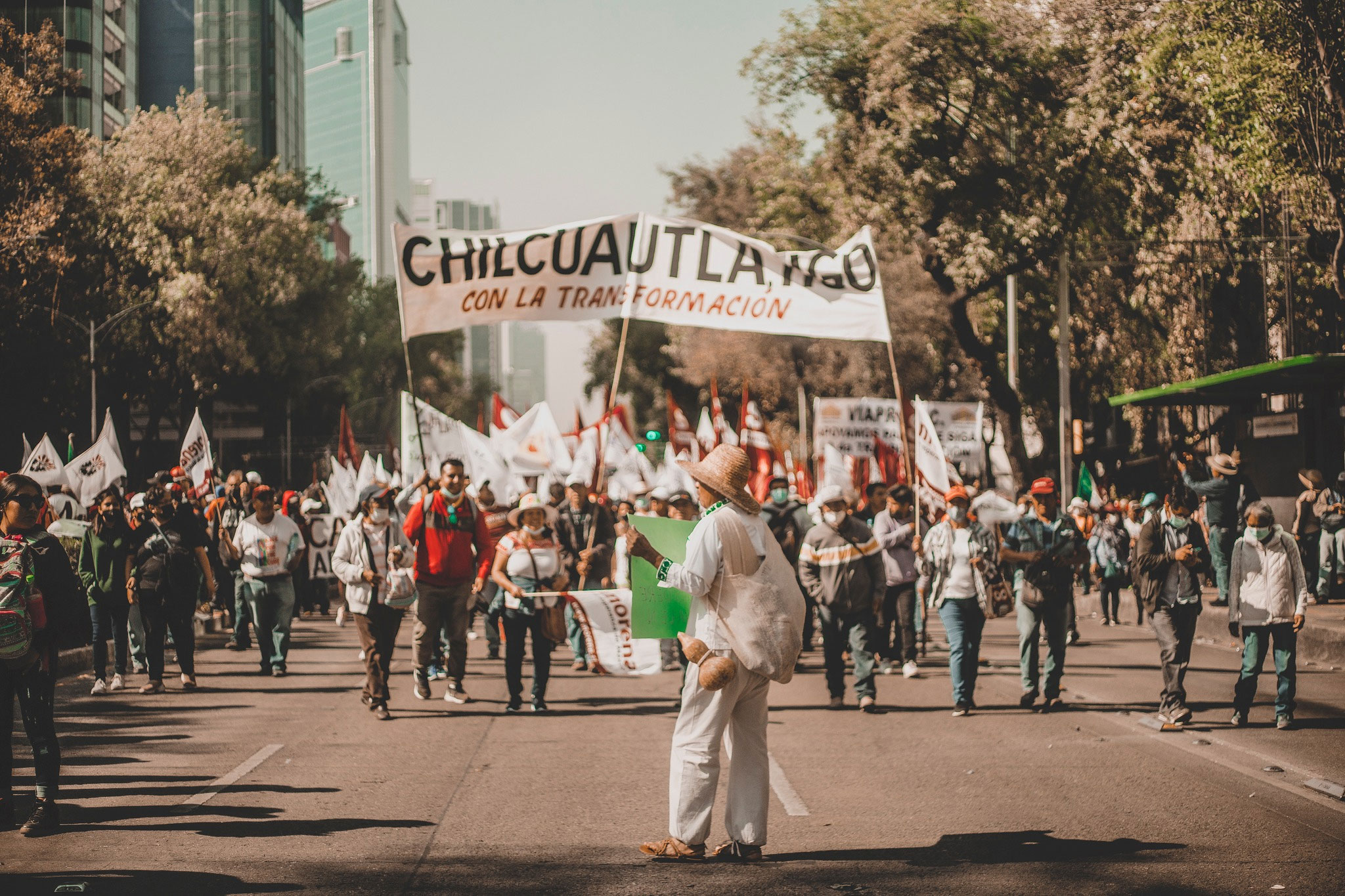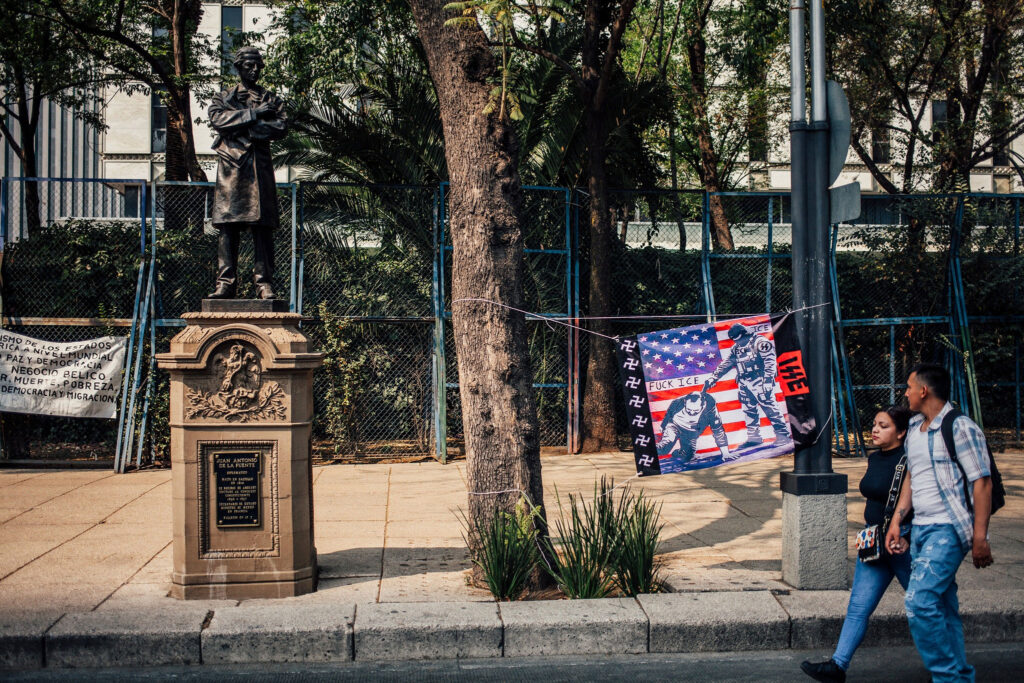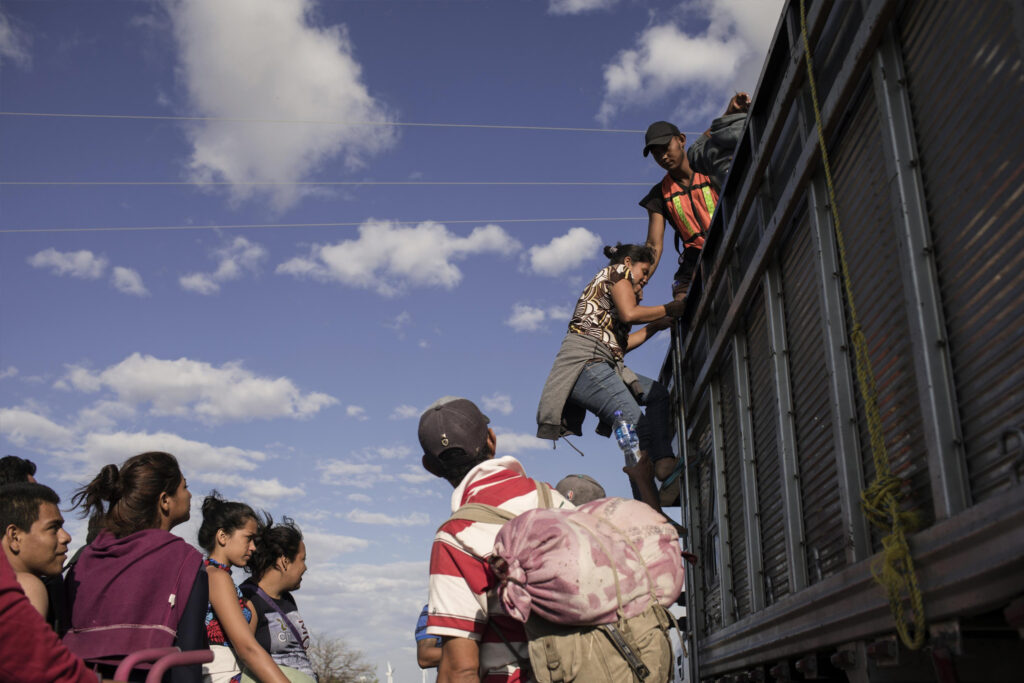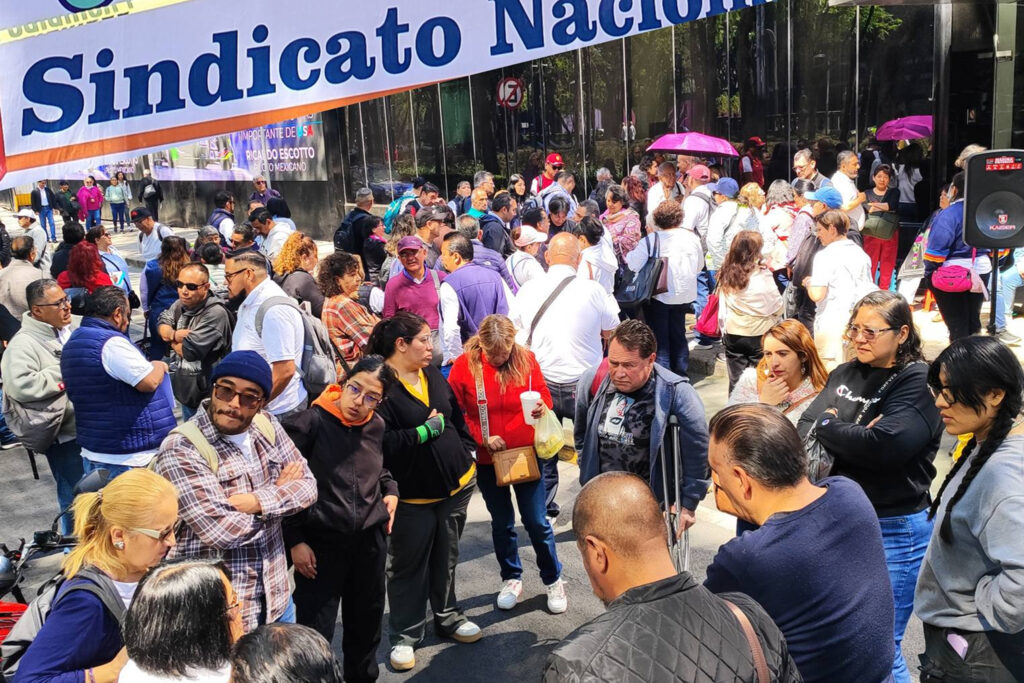The 4th Transformation: Political Regime Change & Popular Protagonism
The views expressed in this article are the author’s own and do not necessarily reflect those of the Mexico Solidarity Project.
The first thing to understand is that the Fourth Transformation represents a change in political regime, that is, a modification of the ways in which the state and society interact. Based on this premise, it is pertinent to ask whether we are moving toward a more democratic relationship and the type of quality assumed by the terms of the dominant political equation. This premise must be broken down into two major areas of operation: one that responds to truly internal dynamics and another that unfolds amidst the variations of capitalism as a whole.
The external dynamic is understood through the crisis of neoliberalism as a way of organizing capital accumulation processes. The depletion of this model is generating a transitional phenomenon on a global scale, and especially on the continent, with the modification of the coordinates within which capital is reproduced. Faced with four decades of offshoring of production and the predominance of semi open border policies, the global economy is changing, tending to give states the prerogative to once again command certain processes of economic organization. Of course, not all countries are experiencing this transition in the same way: Argentina and Ecuador are going in the opposite direction, while the United States and Mexico appear to invoke—effectively or discursively—the role of the state as an articulating and regulating center of capital accumulation processes.

In this sense, the political project embodied by the Fourth Transformation is an economic necessity: while it is not possible to build toward scenarios of absolute economic determination, there are important opportunities where this will happen with greater emphasis. Moreover, the prerogative to regulate capital or protect it from competition will become urgent as processes of economic deglobalization begin or deepen.
It is in this need, driven by integration into a possible new economic order, that the internal question in which the Fourth Transformation expresses itself intersects. Neoliberalism, as a global process, reformed states, shackling them and stripping them of regulatory and management capacities; in Mexico, the battered and aging post-revolutionary state found its functions precarious. In fact, the PRI-PAN regime tended to build a parallel state, where many functions were transferred to private consultancies or “autonomous organizations,” all of them outside of popular oversight. For its part, presidentialism—a legacy of [Mexico’s] revolutionary process—was eroded in its functions and eroded in its fetishistic character.
Of course, neoliberal spokespeople and intellectuals did not proclaim this reality, but rather responded to the acute demand for democracy that Mexican society had been experiencing since the 1960s. Furthermore, the political-ideological operation called the “transition to democracy” tended to confuse the terms state, presidentialism, or sovereignty with authoritarianism, anti-democracy, and verticalism.
What Mexico has witnessed since 2018 is the rehabilitatation of presidentialism under the auspices of a majority popular will, something not seen since the Lázaro Cárdenas era.
Indeed, Mexico experienced an authoritarian regime with a strong presidential system in the 20th century, but one was not a consequence of the other: there can be repressive regimes without a presidential system, for example. Likewise, the post-revolutionary state tended to organize society, and it did so authoritarianly, which does not mean that all state leadership functions are, by definition, authoritarian. The so-called “transition regime” left us a precarious state and a weakened presidential system, but not greater democratization. What was promoted was a set of agreements between elites that overflowed under a limited democracy, restrained by the rules of neoliberalism. In this equation, the state was weak in organizing the economy, society fragmented, and capital tended to expand freely, without limits or borders, taking full advantage of the parallel state mentioned above and the systematic corruption of the judicial and legislative branches.
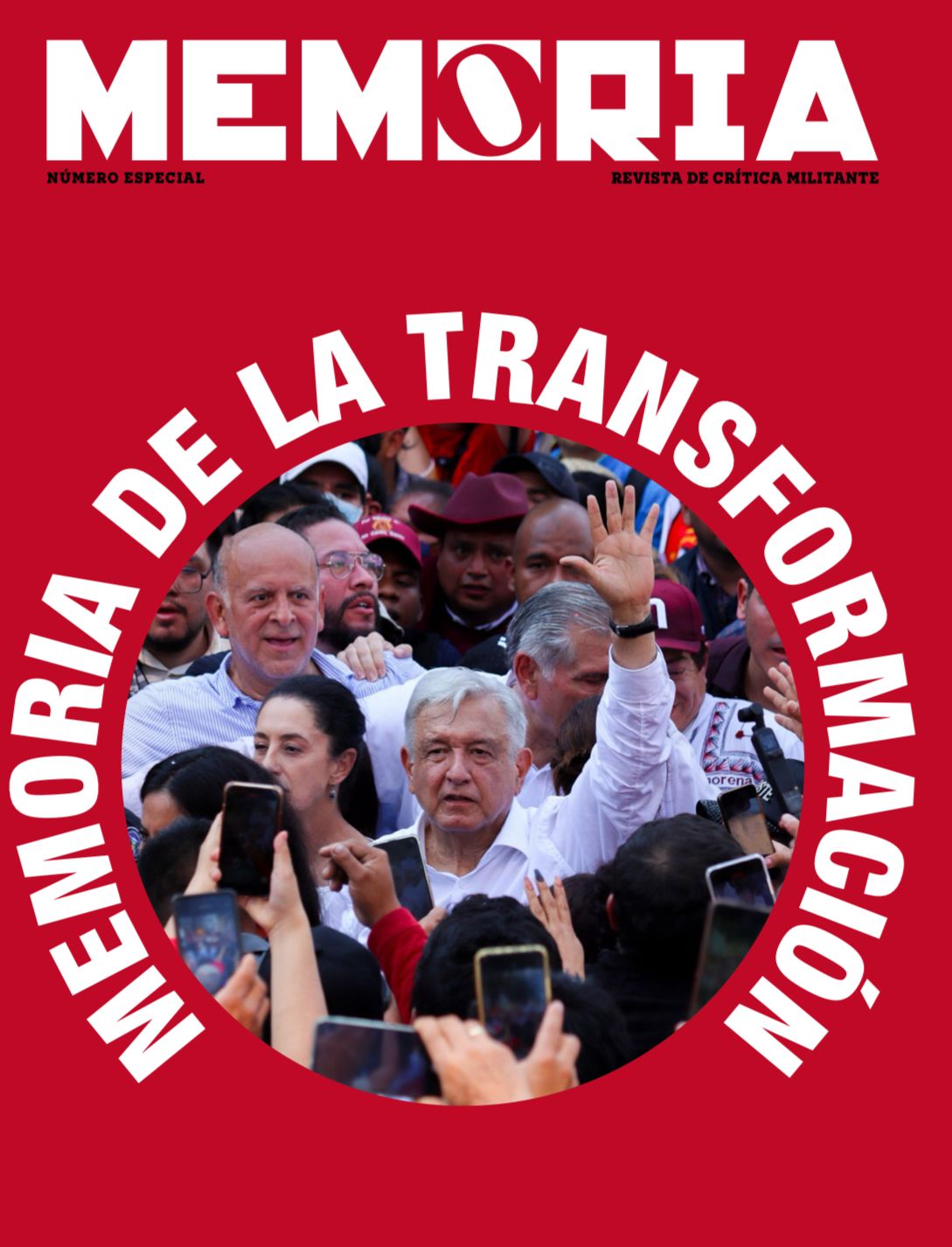
The Fourth Transformation (4T) destroyed this way of organizing the relationship between the state and society. Partly due to the external situation of a shifting paradigm and, to a greater extent, due to social discontent with rising corruption. What we’ve witnessed since 2018 is the need to rehabilitate presidentialism under the auspices of a majority popular will, something not seen since the [Lázaro] Cárdenas era. In other words, it’s a presidentialism determined by the majority and democratically. This is because what enables the relaunch of the presidential institution in the face of private interests that easily infiltrate the other branches of government is popular sovereignty. Until now, regaining the capacity to exercise the greatest national sovereignty has required strengthening the executive branch of the state, and this is done because this institution relies on popular protagonism, whose expression has been electoral.
As in any political scenario, this one will tend to change, with the elements that manage to crystallize over the long term being important. There is always the risk that presidentialism will overshadow and displace popular protagonism, or that the executive branch will be embodied by a figure who lacks the legitimacy it has enjoyed since 2018. But, rather than focusing on the decline of this institution, what we must focus on and encourage is the capacity of the Mexican people to maintain their protagonism in a time of global changes that endow the state with a democratic sense. That is, their ability to permanently build democratic elements, that is the task of the present and the future.
-
Yet Another Mexican Citizen Dies in ICE Custody
The unidentified victim is the 9th Mexican citizen to have been killed in ICE detention since the beginning of 2025; this time in Adelanto, California.
-
Let’s Talk About Migration: Trumpist Persection
Millions of women who have endured unspeakable violence on their migration journey are now being persecuted in the United States by an extremely xenophobic and misogynistic government, led by Donald Trump,
-
Culture | Labor | News Briefs
Workers Occupy Culture Secretariat, Demand 13% Wage Increase
2,000 workers have been receiving incomes below Mexico’s minimum wage for over two years.

